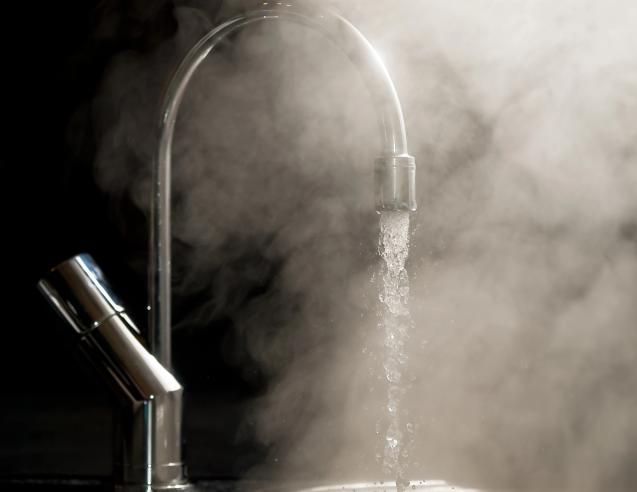
Steps to Efficiently Solve Common Instant Gas Hot Water System Issues
Understanding the Basics: How Instant Gas Hot Water Systems Work
Instant gas hot water systems, often referred to as demand-type or tankless water heaters, only provide hot water when it's needed. This system's efficiency and cost-effectiveness come from its ability to heat water directly without the necessity of storing hot water in a tank. When a hot water tap is turned on, cold water travels through a pipe into the unit where a gas burner is then ignited, heating the water instantly.
However, without frequent maintenance checks, even the most efficient tankless hot water system can become problematic. Each component of the hot water system plays a crucial role in its operation. Issues could arise from the ignition, burner, or heat exchanger, or even the venting system, and any disruption could potentially lead to the overall system not working properly.
Step 1: Identify the Problem
Identifying and diagnosing the problem accurately is the first step to resolving any issue with an instant gas hot water system. Problems can take many forms, including ignition problems, fluctuating water temperatures, abnormal system noises, and water leaks. The necessity of prompt attention and accurate identification of these kinds of problems should not be underestimated. Some of these issues may be complex and require professional advice, making it critical to understand the potential drawbacks of instant gas hot water systems with a qualified plumber's guidance.
Step 2: Preliminary Checks You Can Perform
Before engaging with any maintenance tasks, ensure your own safety and the security of your home. Verify that your hot water system's power supply and gas connection are correctly installed and functioning. Check the system controls and thermostat settings, along with the state of the pilot light. Examine the hot water system's surroundings, ensuring they are free from potential hazards or factors that could interfere with the system's functionality.
Step 3: Troubleshooting Common Issues
Troubleshooting some of the most common instant gas hot water system issues comprehensively involves being familiar with their possible signs and solutions. For instance, ignition failures are commonly caused by an inadequate gas supply or a faulty ignition pack. Frequent checks on gas valves and connections can prevent this issue, or replacing faulty ignition parts could be a suitable solution.
In addition, issues related to water temperature inconsistencies or heating failure may be due to incorrect system settings or a malfunctioning heat exchanger. Pay close attention to any unusual noises emitting from your system as they can signal problems with the burner or the fan. Water leaks typically source from a compromised seal or joint within the system and should be promptly addressed to prevent further damages.
Step 4: When to Seek Professional Help
Not every issue can be resolved with basic troubleshooting – sometimes, professional advice is necessary. For recurring system malfunctions, significant water leaks, or major equipment damages, it’s best to engage professional plumbers who possess the needed expertise. Without the correct training and expertise, attempts to resolve complex problems could lead to further damage to the hot water system or personal safety risks.
Step 5: Preventative Measures to Decrease Future Issues
As the old adage goes, "prevention is better than cure". Regular system maintenance can help to prevent a multitude of issues while guarding against serious system failures. Adopting beneficial practices such as regular checks of the system's settings, consistent cleaning, and attentive listening for any irregular sounds can enhance system efficiency and extend its lifespan. Adhering to a schedule for professional inspections and system tune-ups is also strongly advised.
Conclusion
Efficiently resolving common instant gas hot water system issues involves a multi-step approach: understanding the system’s basics, identifying and diagnosing the problem, performing preliminary checks, troubleshooting common problems, knowing when to turn to a professional plumber, and adopting preventative measures for future issues. Adhering to this approach ensures the swift identification and resolution of issues, effective usage of professional support when required, and the ongoing maintenance of an efficient and reliable instant gas hot water system.



